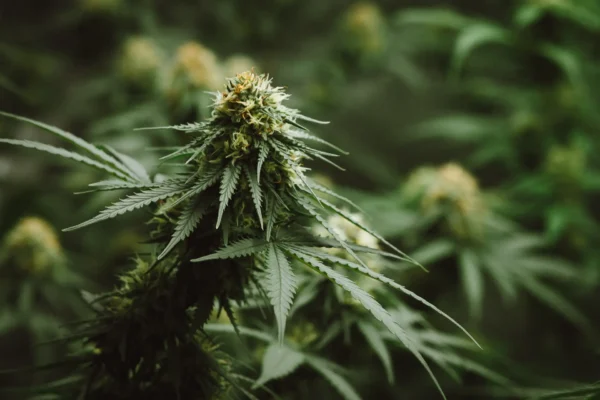Introduction
Chronic pain affects millions in the UK, often disrupting sleep and overall well-being. While various treatments exist, many patients find limited relief and experience side effects. This has led to growing interest in medical cannabis as an alternative when first-line treatments have not worked.
The Challenge of Chronic Pain
Chronic pain (lasting over 3 months) is widespread, affecting 35-51% of the UK population. Many sufferers also struggle with sleep problems, anxiety, and depression. Traditional treatments like physiotherapy, NSAIDs, opioids, and gabapentinoids may work for some people, but many still with ongoing pain despite having exhausted all traditional options available to them.
Medical Cannabis and Chronic Pain
Figures indicate that a growing number of chronic pain patients are turning to alternative treatment options, including cannabis-based medicines. Indeed, chronic pain is the most commonly reported reason for medical cannabis use.
The endocannabinoid system (ECS) has been shown to play a key role in pain perception. However, current evidence on its effectiveness is mixed.
The UK Medical Cannabis Registry: Real-World Insights
Curaleaf Clinic’s UK Medical Cannabis Registry tracks how patients using medical cannabis fare in the real world. A recent study from the Registry examined the impact of medical cannabis on chronic pain patients, with and without sleep issues.
Key Findings from the UKMCR on Chronic Pain
Of 1139 participants included in the study prescribed medical cannabis for chronic pain, 517 (45.4%) also reported impaired sleep.
Key findings from the present study included:
- Overall changes in pain: Medical cannabis was linked to pain changes in both groups.
- Changes in sleep: Patients with sleep problems saw changes in sleep quality over 12 months.
- Changes in overall quality of life: Both cohorts reported changes in overall quality of life; however, the sleep-impaired cohort had a higher perceived improvement.
- Side Effects: Around 1 in 5 (22.3%) patients reported at least one adverse event. The most common were fatigue, dry mouth, lethargy, somnolence, and insomnia.
While the study shows promising associations, it’s important to remember that it doesn’t definitively prove cause-and-effect. More research is therefore still needed.
The Curaleaf Access Scheme
At Curaleaf Clinic, we want to express our heartfelt gratitude to all the patients participating in the UK Medical Cannabis Registry. Your involvement is vital in enhancing our understanding of medical cannabis and its potential to support individuals living with chronic pain and many other conditions.
Through the Curaleaf Access Scheme, new and existing patients can benefit from reduced care costs while contributing to this essential research effort. Curaleaf Clinic is committed to collecting high-quality evidence through the registry, helping to improve patient care and shape the future of medical cannabis treatment guidelines in the UK









